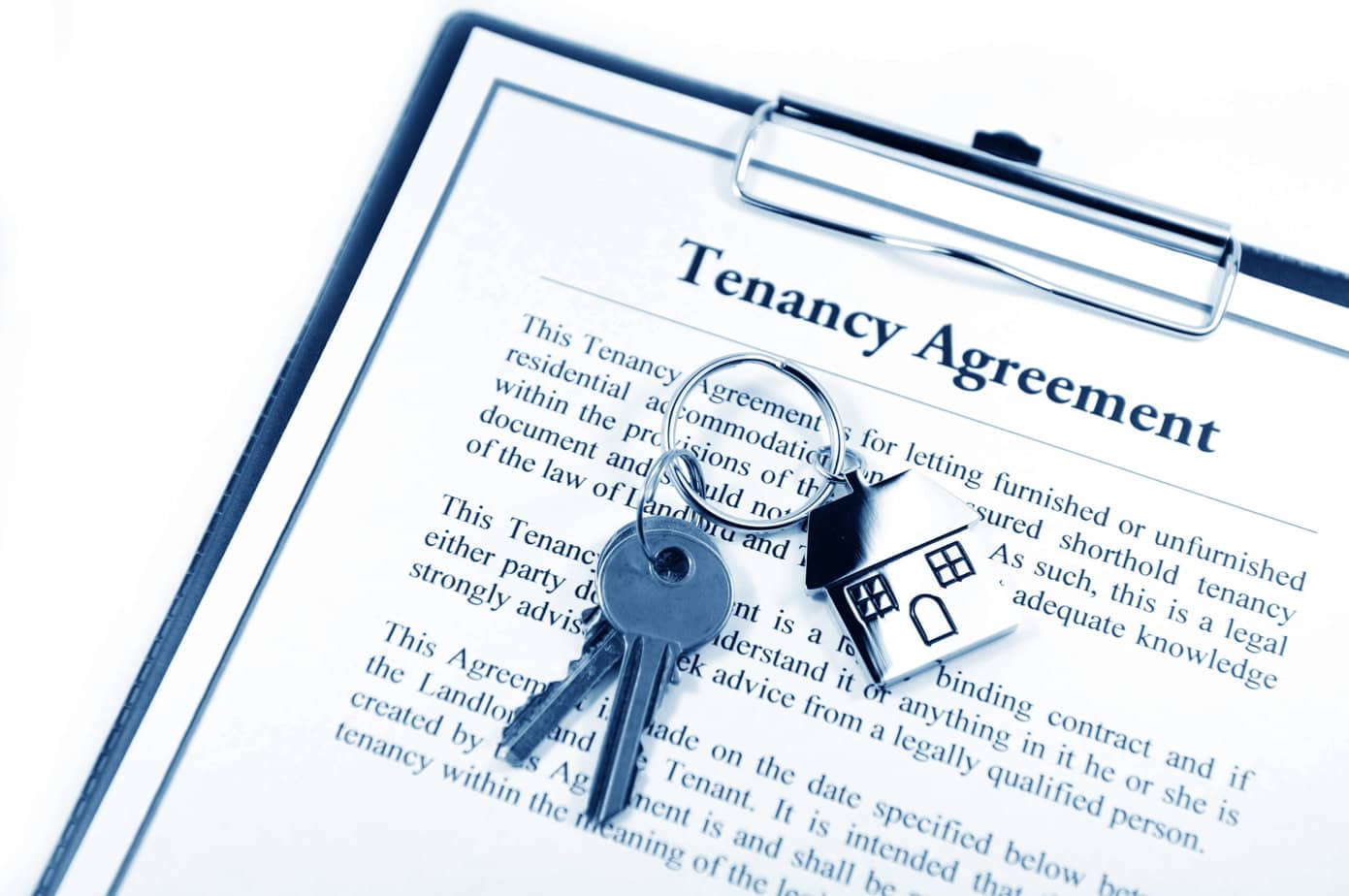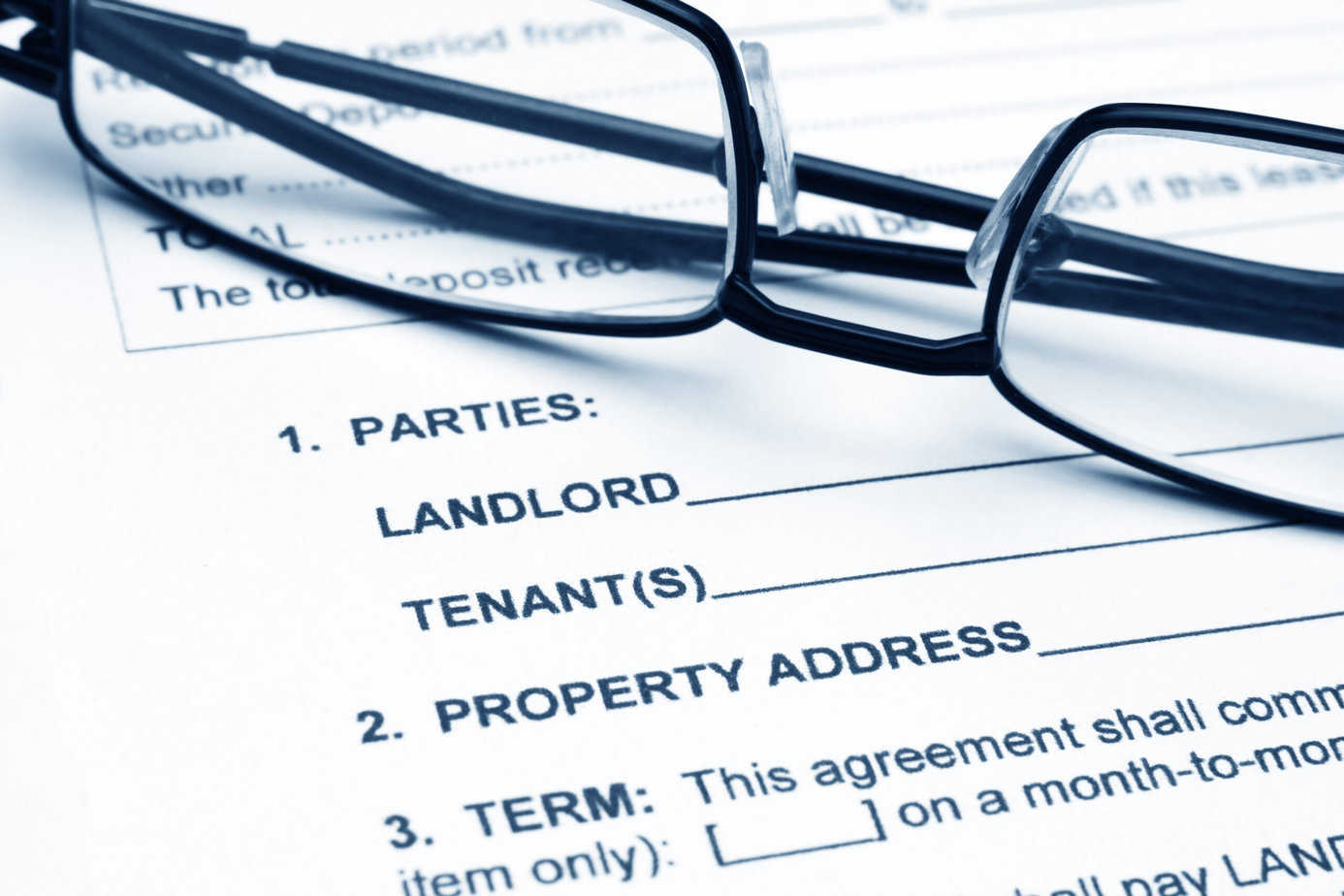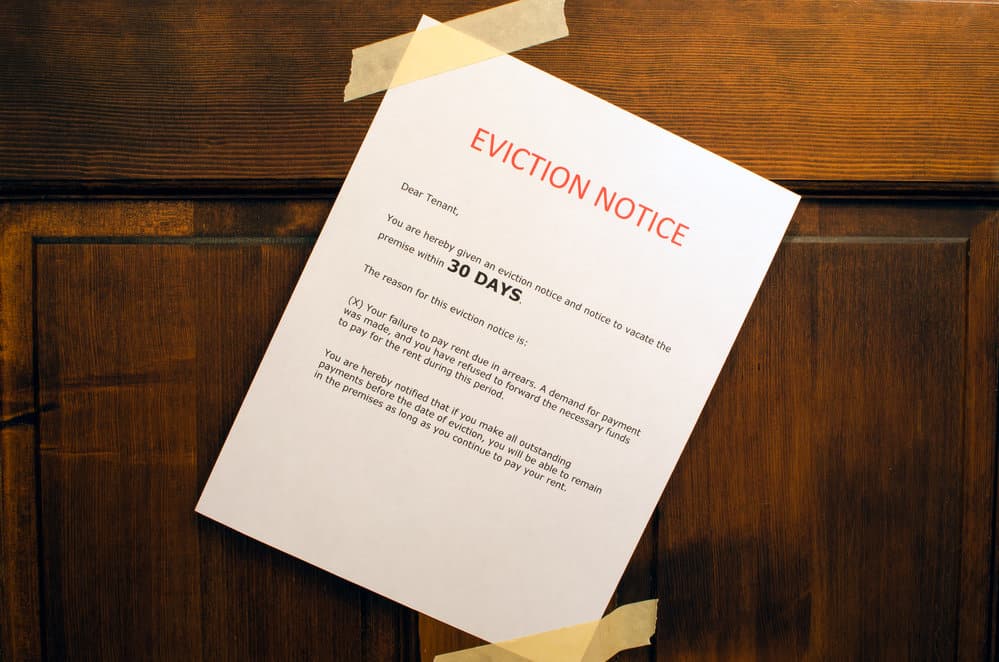Navigating the landlord-tenant relationship can sometimes be a stressful experience. It’s not uncommon for tensions to rise, especially when issues like property damage or conflicts over responsibilities arise. Sometimes, these situations can escalate to a tenant experiencing emotional distress. The natural question may arise: how much can a tenant sue their landlord for emotional distress?
To determine the amount one can sue for, it’s crucial to understand what constitutes emotional distress in a legal context. Emotional distress is a type of mental suffering a person experiences due to the actions or negligence of another party. When pursuing a case against a landlord, a tenant must demonstrate that the landlord’s actions directly caused their emotional distress and that it was severe enough to warrant compensation.
Various factors come into play when assessing damages for emotional distress, including the severity of the distress, the duration of the suffering, and any physical manifestations of the emotional harm. The amount that may be awarded depends on the specific facts of each case and the jurisdiction in which the claim is filed. Tenants should consult with an attorney experienced in landlord-tenant law to discuss the merits of their case and the potential compensation they may be entitled to.
Understanding Emotional Distress
Emotional Distress Definition
Emotional distress refers to mental suffering or anguish caused by a person’s actions or inactions. It varies in intensity and may include anxiety, depression, humiliation, shame, or fear. Emotional distress can result from intentional or unintentional actions and falls under two categories in legal terms: intentional infliction and negligent infliction.
Intentional Infliction of Emotional Distress
Intentional infliction of emotional distress (IIED) occurs when a person intentionally or recklessly behaves in a way that causes emotional harm to another person. For this claim to be successful, the plaintiff must establish the following:
- The defendant acted intentionally or recklessly
- The conduct was extreme and outrageous
- The plaintiff suffered emotional distress
- The distress was a direct result of the defendant’s actions
It is essential to note that the acts should be beyond the boundaries of decency and intolerable in a civilized society.

Negligent Infliction of Emotional Distress
Negligent emotional distress (NIED) infliction occurs when a person’s negligence leads to emotional harm in others. Unlike IIED, the harm inflicted is not deliberate, and the defendant’s actions are due to a failure to fulfill their duty of care. To be successful in an NIED claim, the plaintiff must demonstrate the following:
- The defendant owed a duty of care
- The defendant breached that duty
- The plaintiff suffered emotional distress
- The distress was a direct result of the defendant’s negligence
In a landlord-tenant context, emotional distress might arise from poor living conditions, unsafe premises, or other breaches of the landlord’s responsibilities.
Valid Reasons to Sue Your Landlord
Habitable Living Space Violations
One valid reason to sue your landlord is if they violate the implied warranty of habitability. This means the landlord fails to provide tenants with basic needs such as proper heating, plumbing, and safe electrical wiring. Failing to address these issues can lead to habitability, and tenants might suffer emotional damage. In these cases, legal action may be warranted.
Wrongful Eviction
Another reason to sue your landlord is wrongful eviction. Landlords must follow proper eviction laws and procedures, such as providing notice and allowing tenants a reasonable chance to resolve any issues. If a landlord evicts a tenant illegally, the tenant may experience emotional distress and seek compensation through a lawsuit.

Housing Discrimination
Housing discrimination is a grave violation of tenant rights. If a landlord discriminates against a tenant based on race, gender, religion, disability, or any other protected characteristic, the tenant may experience emotional distress. In these situations, legal action may be appropriate to seek compensation and hold the landlord accountable.
Harassment or Bullying
Lastly, tenants can sue their landlords if they experience harassment or bullying. This could include continuous intrusive behavior, threats, interruptions of utilities, or an invasion of privacy. Tenants who suffer emotional distress due to the landlord’s actions have a valid reason to pursue legal action and seek compensation for their damages.
In conclusion, valid reasons to sue a landlord include habitability, wrongful eviction, housing discrimination, and harassment or bullying. Tenants experiencing these situations should consult with a legal professional to determine the best course of action.
Proving Emotional Distress in Court
When suing a landlord for emotional distress, it’s crucial to provide compelling evidence that supports your claim. This section covers essential evidence types and how to present them in court effectively.
Witness Testimony
Witnesses can be a valuable asset in proving emotional distress. Family members, friends, or coworkers who have observed changes in your behavior, mood, or daily activities due to the distressing situation can provide testimony. Their statements can corroborate your claim, illustrating the impact the landlord’s actions have had on your mental well-being.
Documentation and Evidence
Collecting and presenting relevant documentation and evidence is vital in building a strong case. This may include:
- Communication records: Emails, text messages, and letters between you and your landlord demonstrating their behavior or neglect.
- Photographs:Visual evidence of any physical harm or damage to the property caused by the landlord that contributed to your emotional distress.
- Official complaints: Records of any filed complaints to relevant organizations or authorities showing your attempt to address the situation.
Medical Records
Your medical records can provide critical evidence of your emotional distress. With your permission, therapists, psychiatrists, or other mental health professionals who treated you during the period of distress can contribute records that reflect your psychological suffering, symptoms, and diagnoses. These records can help demonstrate the adverse effects on your mental well-being directly attributable to the landlord’s actions.
Professional Opinions
Engaging professionals, such as therapists, psychiatrists, or psychologists, to provide expert opinions on the connection between the landlord’s behavior and your emotional distress can strengthen your case immensely. Based on your medical records and testimonies, their analysis can help illustrate the severity of your mental suffering and the direct consequences of the landlord’s actions.

Calculating Emotional Distress Damages
Pain and Suffering
When suing a landlord for emotional distress, the damages awarded would encompass pain and suffering. This refers to the physical pain and emotional anguish experienced due to the incident. Courts consider factors such as the severity and duration of the distress and the plaintiff’s personal experiences.
- The severity of distress: The more severe the emotional distress, the higher the possible compensation.
- Duration of distress: Long-lasting emotional damages may warrant higher compensation.
Medical Bills and Missed Work
Emotional distress damages may also cover medical expenses to treat the resulting anxiety, trauma, or other mental health problems. Additionally, if the plaintiff missed work due to these issues, they could claim reimbursement for lost wages.
- Medical bills: Compensation may cover expenses such as therapy or medication.
- Missed work: Reimbursement for lost wages can help the plaintiff recover financially.
Compensation Limits
It’s essential to remember that compensation for emotional distress damages varies depending on the specific situation and jurisdiction. Some states have caps on the damages that can be awarded, while others do not.
- State laws: Compensation limits depend on the jurisdiction where the lawsuit is filed.
- Individual circumstances: The unique aspects of each case will influence the potential monetary reward.
Remember, each case is different, and the specific factors of a landlord-tenant dispute will impact the final emotional distress damages awarded. Consult with a legal professional to better understand the potential compensation related to your particular situation.
Legal Process and Considerations
Small Claims Court vs. Civil Court
When considering suing a landlord for emotional distress, it is essential to be aware of the two types of courts that handle these matters: small claims court and civil court. Small claims court is typically used for less severe cases and lower monetary amounts, usually under $5,000 or $10,000 (depending on the jurisdiction). The process is simpler and often quicker than civil court, allowing tenants to represent themselves without a lawyer.
On the other hand, the civil court handles more complex cases and allows for higher monetary judgments. Hiring a lawyer is usually necessary in civil court, and the legal process is more formal and time-consuming. If the emotional distress caused by the landlord is severe and significant damages are pursued, civil court may be the more appropriate choice.
Statute of Limitations
When suing a landlord for emotional distress, it is crucial to be aware of the statute of limitations – the time frame in which a lawsuit can be filed. The statute of limitations varies by state and the type of claim. For personal injury claims, statutes typically range from one to six years. It is best to consult a legal professional to determine the appropriate statute of limitations for a specific case.
Demand Letter
Before initiating legal action, sending a demand letter to the landlord is customary, outlining the emotional distress experienced and the monetary compensation sought. This letter serves as an opportunity for the landlord to address the issue without resorting to court proceedings. A well-written demand letter can lead to a faster resolution and lower legal costs for both parties.
Legal Action
If the demand letter does not result in an acceptable resolution, the tenant may choose to proceed with legal action. This involves filing a civil lawsuit or initiating a small claims court case, depending on the circumstances and desired outcomes. In either situation, it is essential to gather evidence supporting the emotional distress claim, such as medical records, witness statements, and documentation of the landlord’s actions.
In conclusion, suing a landlord for emotional distress involves various legal considerations, including the choice between small claims court and civil court, the statute of limitations, demand letter, and legal action. It is essential to consult with a legal professional before pursuing a case to ensure the best possible outcome.
Additional Factors and Resources
Hiring an Injury Lawyer
It’s essential for a tenant seeking compensation for emotional distress to consult with an experienced injury lawyer. A knowledgeable attorney will help determine whether the case meets the criteria for a personal injury claim, including factors such as extreme actions by the defendant and any resulting depression or physical injury.
An injury lawyer will advise on the best action and help navigate the complex legal process. Furthermore, an attorney can ensure that the tenant’s rights are protected and that fair compensation is sought.
Understanding Rental Unit Laws and Tenant Rights
Tenants should know the rental unit laws and their rights in the relevant jurisdiction. Knowledge of these laws can help identify any violations by the landlord that may be grounds for a lawsuit. Potential violations include:
- Inadequate security measures, which can lead to injury or emotional distress
- Unlawful withholding of security deposits without proper cause
- Failure to maintain the rental unit in a habitable condition
Knowing and understanding these laws can sometimes empower tenants to negotiate with their landlord outside of court for an acceptable resolution.
Zone of Danger
In certain jurisdictions, a tenant who suffers emotional distress within a “zone of danger” may be able to sue their landlord. The zone of danger refers to a geographic area where the landlord’s negligence or wrongdoing has caused the potential for harm to the tenant. This concept often applies in cases where the tenant is indirectly affected by the landlord’s actions, such as witnessing a dangerous condition that causes fear but does not result in a physical injury. Consulting an injury lawyer is crucial for determining if a zone of danger claim is applicable.

Frequently Asked Questions
How much can I sue my landlord for emotional distress?
The amount that one can sue their landlord for emotional distress varies based on the severity of the distress and the jurisdiction. It is important to consult with a knowledgeable attorney who can assess the situation and provide guidance on potential damages.
What factors are taken into account when determining compensation for emotional distress?
Some factors that may be considered when determining compensation for emotional distress include:
- The severity and duration of the emotional distress
- The impact on the individual’s life (such as lost wages, medical expenses, or therapy costs)
- The surrounding circumstances, including the landlord’s actions or inactions
- Supporting evidence, such as documentation or witness testimonies
Are there limits to the amount one can sue for emotional distress?
Certain jurisdictions may have statutory limits on how much one can sue for emotional distress. Additionally, courts may consider the reasonableness of the damages requested. Consulting with an attorney is essential in determining these limits and appropriate amounts to request.
Can one sue their landlord for emotional distress without suing for other damages?
It is possible to sue a landlord solely for emotional distress; however, it may be more difficult to prove the extent of the distress without accompanying evidence of other damages. It is advisable to consult with an attorney to assess the strength of an emotional distress claim and the potential for success in such cases.
What kind of evidence would support a claim for emotional distress?
Evidence that may support a claim for emotional distress includes:
- Documentation of the distress-inducing event or situation (such as photographs, videos, or written records)
- Written records of attempts to resolve the issue with the landlord
- Witness accounts of the distress-inducing event or situation
- Medical records, therapy records, or mental health professional evaluations that indicate the impact of the distress on the individual



